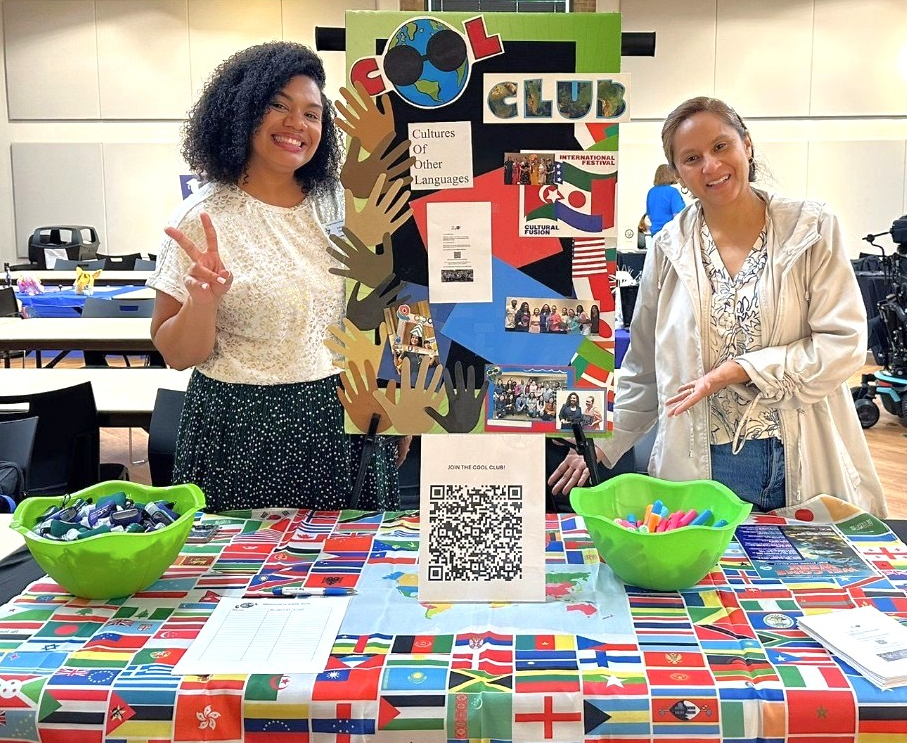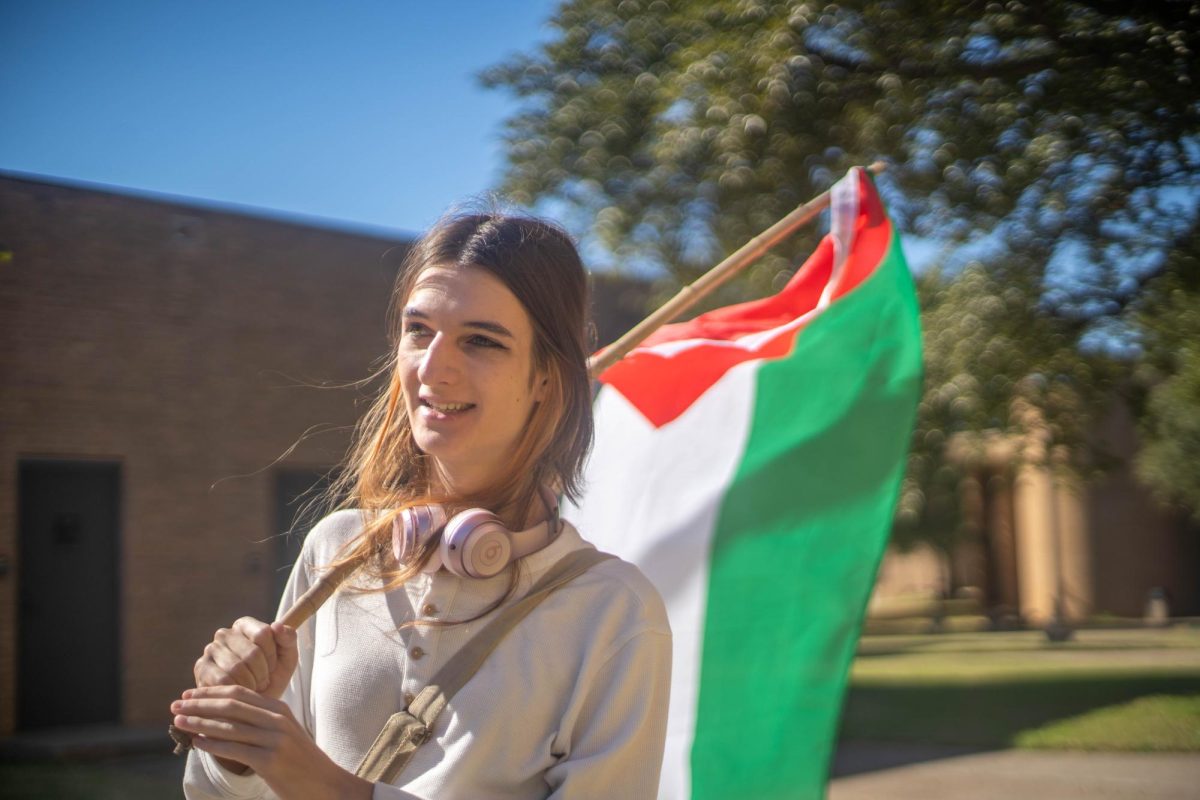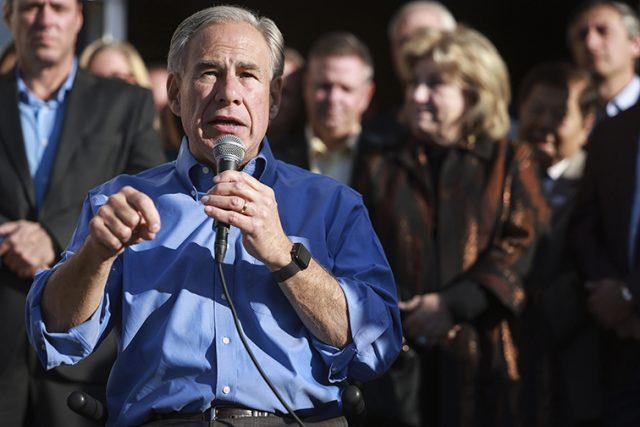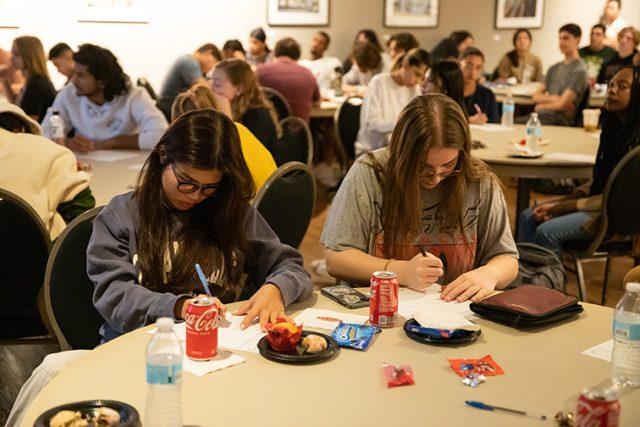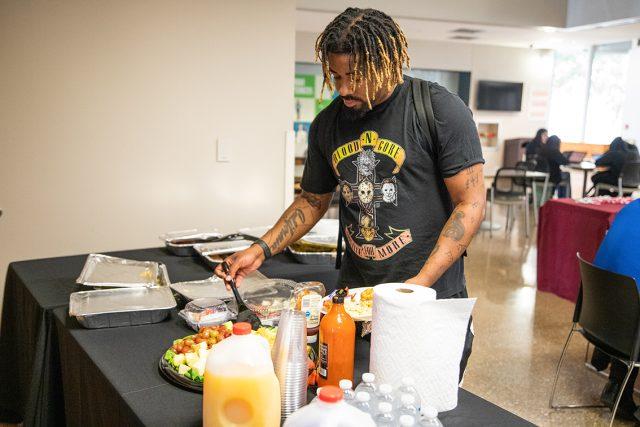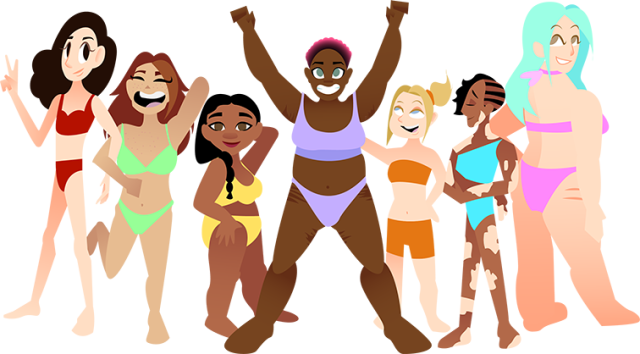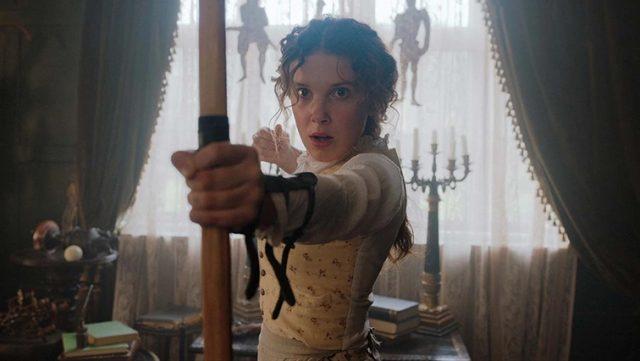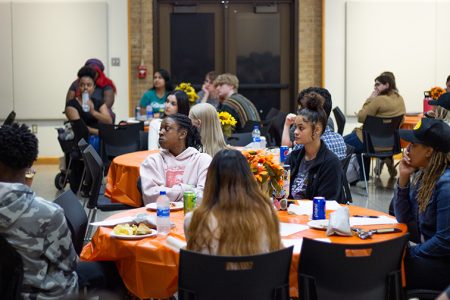
American Heritage month in NSTU during the event on Nov. 9.
KJ Means/The Collegian
HOPE SMITH
campus editor
hope.smith393@my.tccd.edu
NE government instructor Lisa Uhlir was passionate about bringing attention to the lost acknowledgement of Native discoveries.
The NE presentation “How Native Americans Transformed the World,” on Nov. 9 was given by Uhlir, a member of the Ojibwe tribe. She brought up the importance of not only talking about Native struggles but celebrating and calling attention to the positive effects Native people have had on the world.
“What I was trying to go for was several things,” she said. “First was I wanted people to start thinking from a new perspective of not how we negatively affect each other as different ethnic groups, but how we positively affect each other as different ethnic groups.”
The potato was something largely attributed to the Irish, yet Uhlir said this was not so much the case. Where Natives developed over 3,000 different types of potatoes, two of the types found their way to Ireland from the New World.
NE student Isabella Parsons said that though she felt a lost connection to her Native blood through erasure, she felt a sense of enlightenment. Being able to educate herself more on original Native knowledge made her realize what she unknowingly did have a connection to, like the potatoes.
“You always think ‘Irish, Irish, Irish,’ and that’s part of my dad’s history,” she said. “So, I was always thinking ‘Oh, that’s my connection to that!’ and then it was actually, ‘No, that’s my mom’s connection to that!’”
Ranson Mears, another NE student, had discussed his thoughts on Natives gaining more recognition for the things they discovered before Western Europeans, saying they deserved to have more.
“I feel like we stole a lot from them, not just land but ideas, culture, so I feel kind of bad about that,” he said.
Philosophical thought in the New World influenced Western politics, Uhlir said. Freedom and equality were egalitarian concepts to Natives, she said. The Great Spirit created the community as equal, and these ideas existed long before Western philosophers began to explore it.
“We as indigenous populations, we as Native Americans, have affected your everyday life in ways you don’t even realize or understand,” she said. “They get credited to Western inventors or Western discoverers like James Lind with the cure for scurvy.”
NE Intercultural Student Engagement coordinator Marjeanna Burge, part of the Comanche tribe, had considered how people proceed in helping to advocate for more Native voices being heard despite the silence.
“The more that people understand what these things are and become knowledgeable then they can become an advocate for what is going on,” she said.
The most important thing for Uhlir is students staying educated.
“Always my answer as a professor: The more we know about things, study. The more you know, the better,” she said.






















